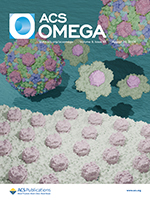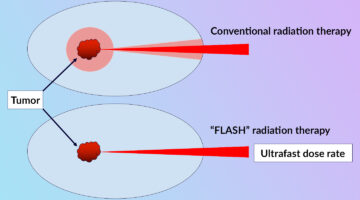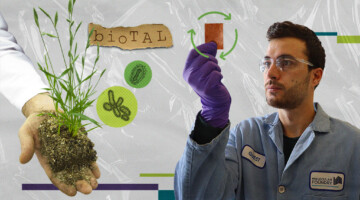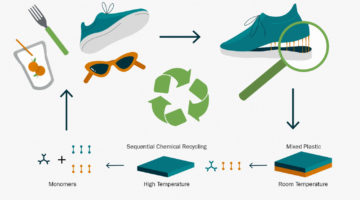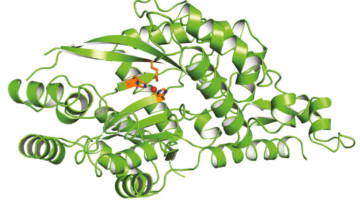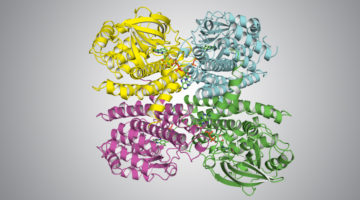Bacterial microcompartment proteins can assemble into multiple structures, such as sheets, shells, and intermediates. While this is shown artistically in this figure, we study the differences in the pore dynamics within bacterial microcompartment assemblies to assess potential changes in permeability. Read more »
Clarifying the FLASH Effect for Cancer Radiation Therapy
To clarify the underlying mechanisms of the FLASH effect, in which the delivery of ultrafast, high-intensity doses of radiation to tumors counterintuitively reduces damage to surrounding healthy cells, researchers directly compared the oxidative effects of conventional and FLASH techniques using x-ray footprinting at the ALS. Read more »
Making Renewable, Infinitely Recyclable Plastics Using Bacteria
Scientists engineered microbes to make the ingredients for recyclable plastics—replacing finite, polluting petrochemicals with sustainable alternatives. The new approach shows that renewable, recyclable plastics are not only possible, but also outperform those from petrochemicals. Read more »
A New Material System for Mixed-Plastic Recycling
Scientists have designed a new material system to overcome one of the biggest challenges in recycling consumer products: mixed-plastic recycling. Their achievement will help enable a much broader range of fully recyclable plastic products and brings into reach an efficient circular economy for durable goods like automobiles. Read more »
Designer Materials to Keep Plastic Out of Landfills
Scientists have designed a new material system to overcome one of the biggest challenges in recycling consumer products: mixed-plastic recycling. Their achievement will help enable a much broader range of fully recyclable plastic products and brings into reach an efficient circular economy for durable goods like automobiles. Read more »
Missing Lysine Link Could Improve Plant-Based Nutrition
To engineer crops with higher levels of the important amino acid, lysine, researchers solved the structure of an enzyme that helps break down lysine in plants. A fuller understanding of the factors affecting lysine levels should aid in the successful development of stable high-lysine crops to combat malnutrition globally. Read more »
Study Leads to Firmer Grasp of Biochemical “Reactive Handle”
Protein crystallography provided new insight into a functional group of molecules that, if added to bacterial enzymes, could enable a variety of alterations to the bacteria’s polymer output. Tweaking enzymes to produce these “reactive handles” is a first step toward biosynthesizing diverse polymers with tailored properties. Read more »
How Light-Harvesting Bacteria Toggle Off and On
Researchers clarified the atomic-level mechanism that enables bacteria to switch light harvesting off and on in response to potentially damaging overexposure to light. The results could have long-range implications for artificial photosynthesis and optogenetics—the use of light to selectively activate biological processes. Read more »![]()
![]()
